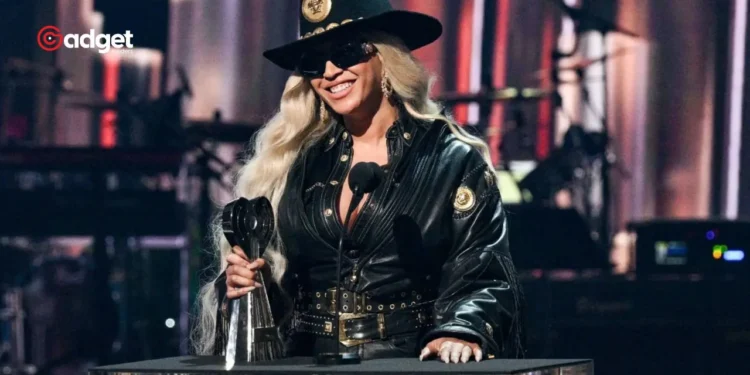In a turn of events that has shaken the music industry, Beyoncé, one of the world’s most iconic artists, is facing a serious accusation. The members of Da Showstoppaz, a group known for their early 2000s hits, have come forward with claims that the superstar has used parts of their 2002 song ‘Release a Wiggle’ in her recent chart-topping track, ‘Break My Soul’. This allegation not only raises questions about artistic integrity but also about the legal nuances of music sampling in the modern age.
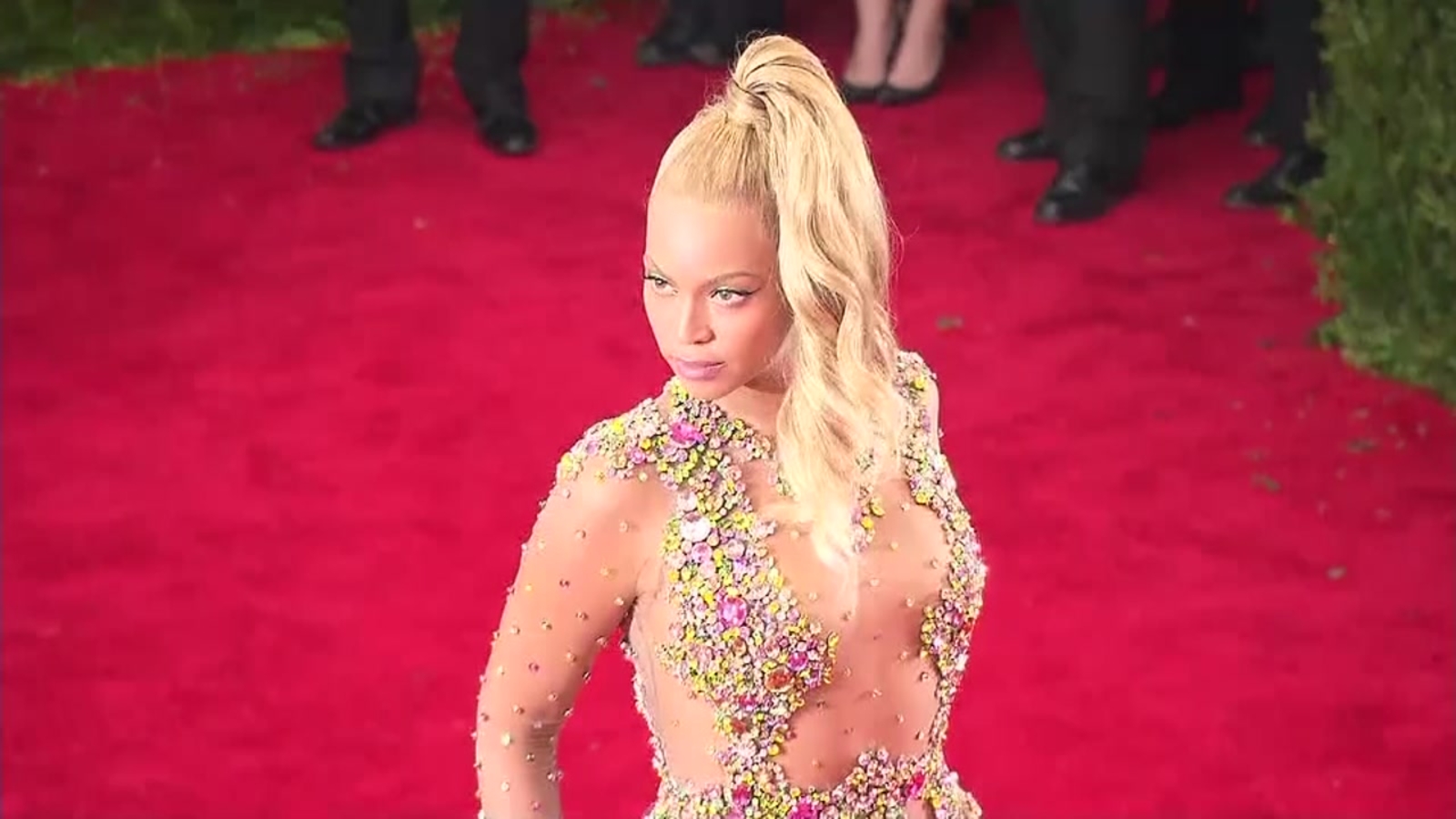
The Heart of the Controversy
The claim by Da Showstoppaz brings to light the often complex and contentious issue of copyright in music. According to the group, certain elements of ‘Break My Soul’ bear a striking resemblance to their earlier work. This isn’t just a matter of a few notes or beats; they allege that it is a significant enough portion to warrant a legal examination.
Music experts and copyright lawyers are closely watching this case as it may set a precedent for how similar cases are handled in the future. The outcome could potentially influence how artists and producers approach the use of older compositions in new creations.
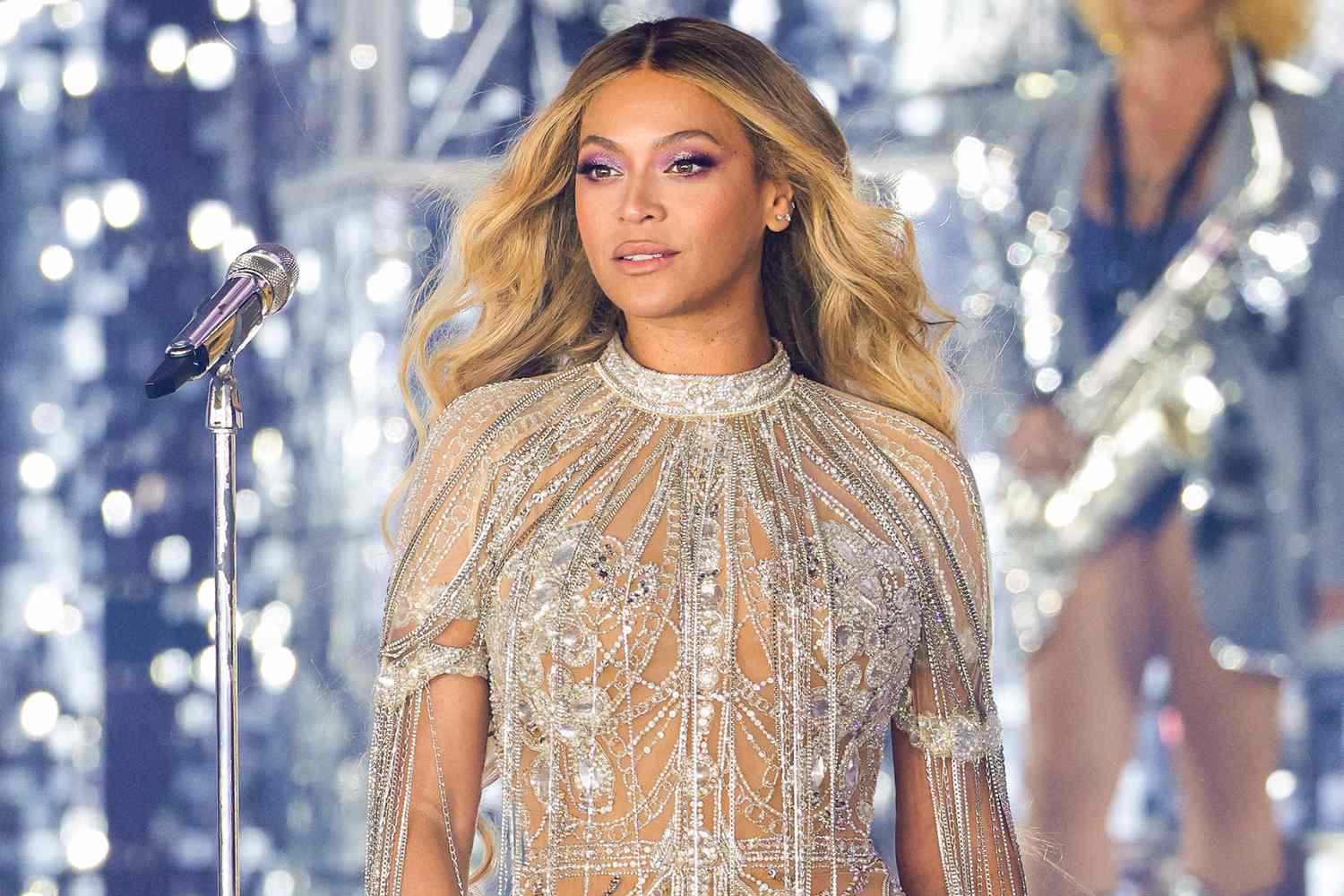
The Legal Landscape of Music Copyright
In the music industry, the line between inspiration and infringement can often be thin. Artists and producers are constantly influenced by the works of others, yet they must tread carefully to avoid legal repercussions. The case against Beyoncé underscores the importance of obtaining all necessary clearances and rights before using someone else’s work.
Copyright law protects the expression of ideas rather than the ideas themselves. Therefore, proving that ‘Break My Soul’ illegally incorporates ‘Release a Wiggle’ will require detailed analysis and comparison of the two tracks. It’s a legal battle that will be closely scrutinized for its implications on future music productions.
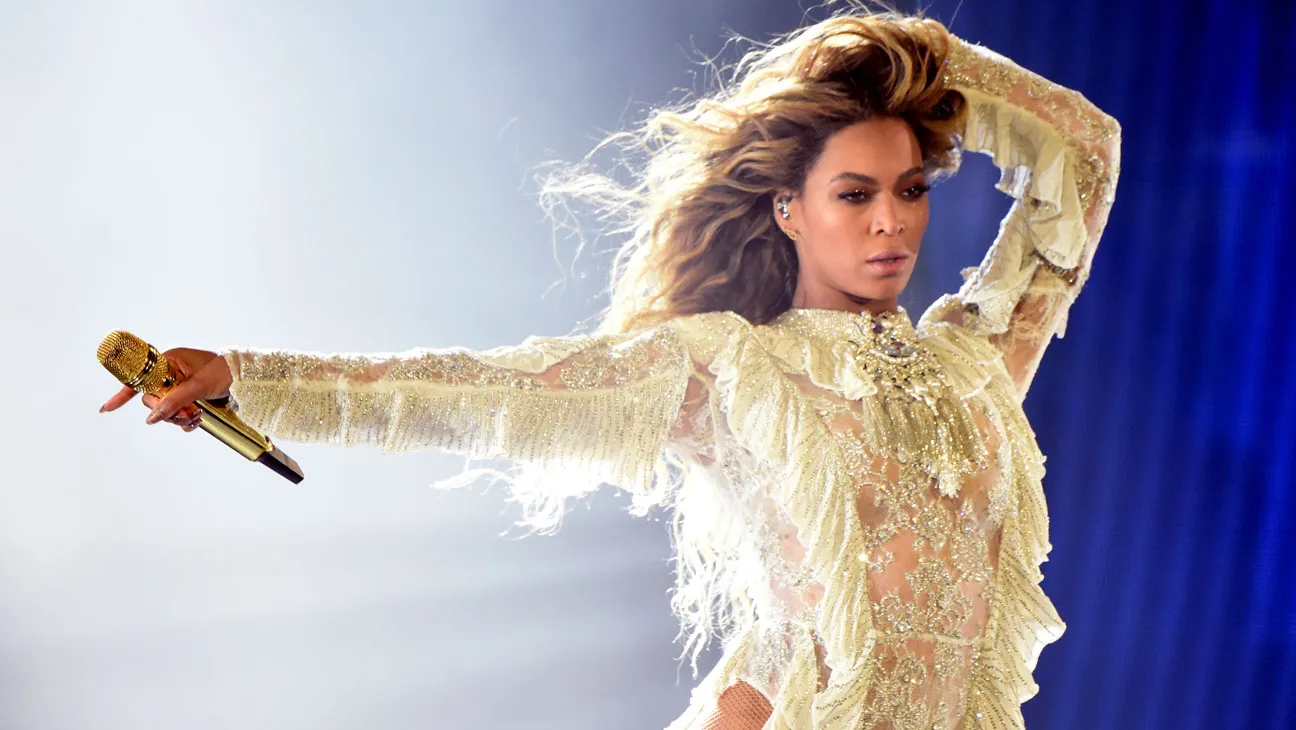
Beyoncé’s Track Record and Artistic Integrity
Beyoncé has long been revered not just for her vocal prowess but also for her innovative use of various musical styles and influences. Her ability to blend different genres and sounds has won her acclaim, but this lawsuit puts a spotlight on the challenges artists face when drawing inspiration from existing works.
Supporters of Beyoncé might argue that ‘Break My Soul’ is yet another example of her evolutionary approach to music, integrating and transforming influences into something uniquely her own. Critics, however, see this as a potential case of overstepping creative boundaries.
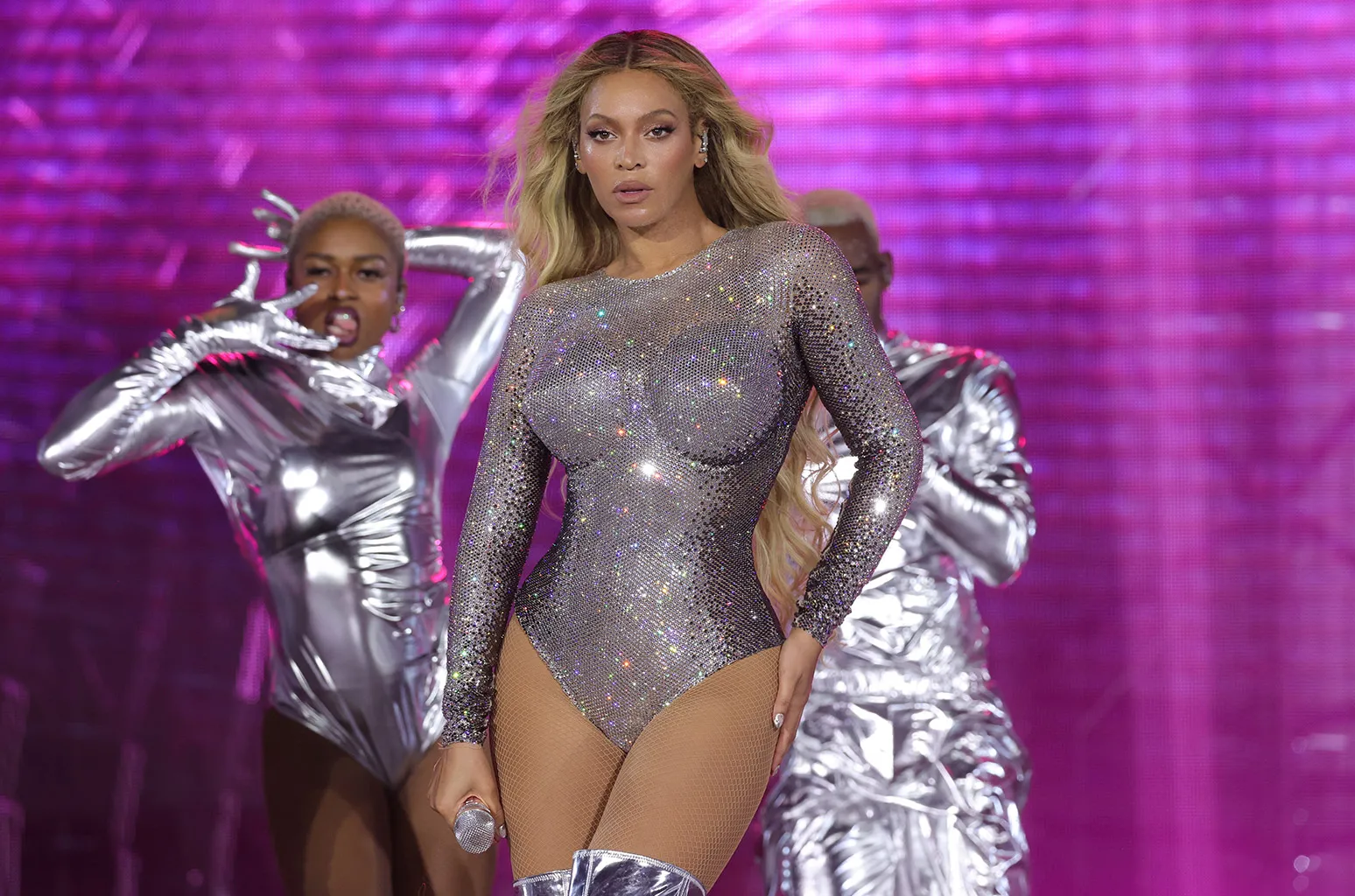
Conclusion: A Waiting Game
As the legal proceedings unfold, both fans of Beyoncé and advocates of copyright enforcement are waiting to see how this dispute will be resolved. Will this lawsuit tarnish her reputation or will it be dismissed, proving her compliance with copyright norms? Only time will tell, but one thing is clear: the music industry’s approach to copyright might well be redefined by how this case is settled.
This ongoing battle serves as a stark reminder of the delicate balance between creative freedom and legal responsibility in the ever-evolving landscape of music production.

